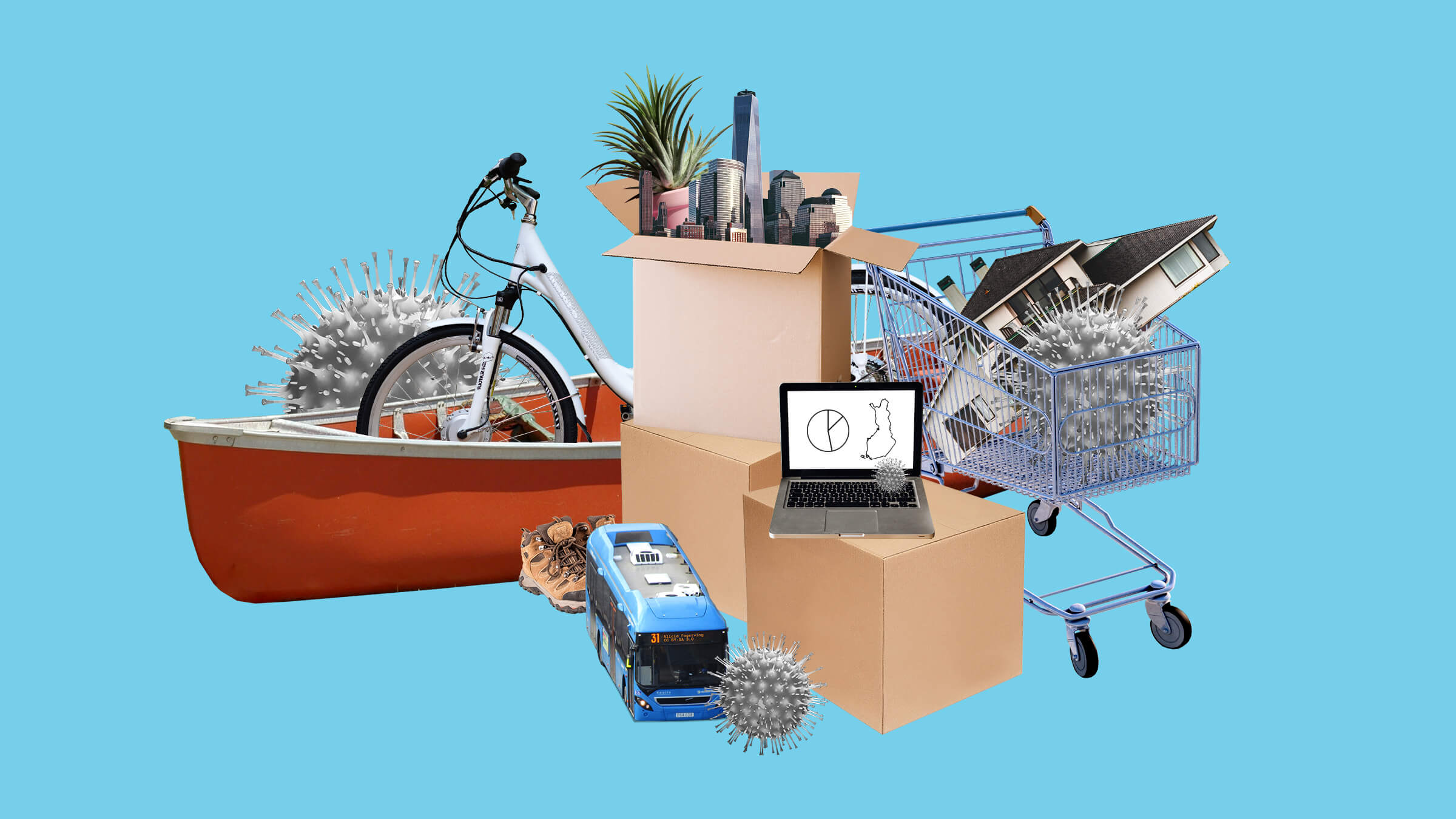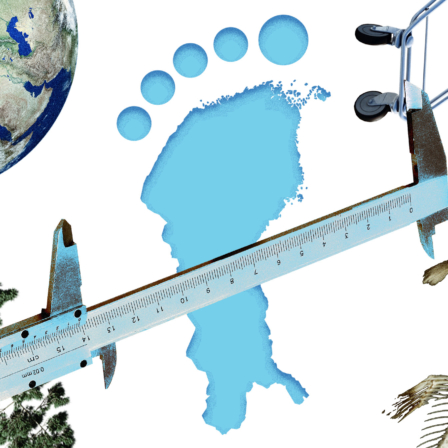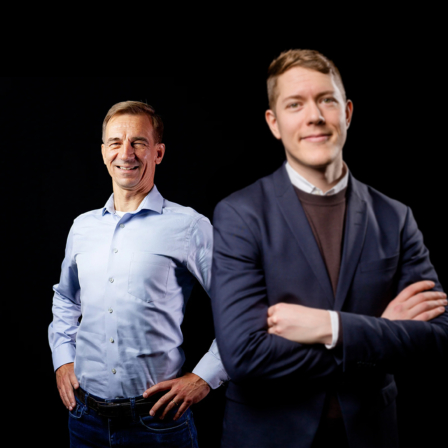Restrictions during the crisis have forced people to reorganise their everyday lives. Despite all the disruption and concern the pandemic has brought to people’s everyday lives, the situation has also offered them an opportunity to adopt more sustainable lifestyles. During the pandemic, a large proportion of Finns have explored the local natural environment, used their homes and urban space in more versatile ways and bought more domestically grown vegetarian food. On the other hand, fewer people have been using public transport to get around.
During the pandemic, a large proportion of Finns have explored the local natural environment, used their homes and urban space in more versatile ways and bought more domestically grown vegetarian food.
Sitra’s Lifestyles after lockdown report details the views of more than 1,500 urban dwellers in Finland on how their everyday life has changed during the pandemic and identifies those changes many would like to persist. A survey conducted in September 2020 canvassed the opinions of residents in Finland’s largest cities: Helsinki, Espoo, Vantaa, Tampere, Turku, Oulu, Jyväskylä and Lahti. In June 2020, in-depth interviews were conducted with 20 people at the forefront of consumer behaviour (a group known as the “Leading Edge” which is always the first to adopt new ways of doing things). The work was supplemented by interviews with experts from various fields.
“The survey shows that the successful management of the coronavirus situation so far has increased the sense of Finnish national pride. We value localness and Finnish expertise in a new way,” says Sari Laine, Leading specialist at Sitra.
During the pandemic-related restrictions, the interest in domestic travel and buying domestic products has increased, with 35% of the urban population in Finland saying that they had bought more domestically produced food during the tightest COVID-19-related restrictions in the spring of 2020. Some 16% now declare that they will continue in the same way after the crisis is over. Similarly, 19% of the population undertook more domestic leisure travel during the spring restrictions and one in ten now say they will continue to do so. For obvious reasons, people’s lives have also centred on their homes and the vicinity of their homes in recent months, which has encouraged people to explore the nearby natural environment. Many people are now planning to continue some of these new habits acquired during the pandemic.
According to the report, people also have more confidence in their own ability to make changes. They see that choices, even very small ones, have consequences, and accept solidarity in the face of major social changes.
New requirements for the urban environment and experience services
The Lifestyles after lockdown report also shows that people are becoming increasingly selective about the experiences that they want to invest in. A similar change has already taken place with regard to people’s relationship with physical things, but according to Laine, the same is now happening with experiences:
“For example, there is a growing demand for travel services that allow travellers to engage with members of a local community in a deeper way, providing meaningful and more lasting experiences instead of mere instant gratification. If the travel and events industry is able to answer this demand, there is a good chance that more people will consume services in more sustainable ways.”
People are becoming increasingly selective about the experiences that they want to invest in.
Instead of travelling abroad or spending time in shopping centres, many people seek sustainable experience services related to nature or look for experiences which help them to develop their own skills in creative ways, for example.
Cities still remain popular places to live, even during the pandemic, but urban dwellers are now demanding more from them. The crisis has highlighted the importance of urban green spaces and nearby areas of natural beauty as places to meet friends and family and to spend leisure time.
Demand spurs companies and society on
According to Markus Terho, Project Director at Sitra, while the demand for solutions promoting a sustainable and good life is higher than ever before, that demand has yet to be met: “There is clear evidence that people are ready to change, but society, institutions and companies have been slow to respond. However, now would be a great time to listen to people and find a new focus for the design and delivery of services and products.”
For new services to meet people’s desires, companies and institutions developing solutions for a more sustainable way of life need to have a deeper understanding of how people live their everyday lives. The benefits of new business models for companies and the changes required in the operating environment are revealed by another recent study from Sitra, Rethinking ownership. Until now, the logic of business has been largely based on people owning many products with a short life span and low usage rates.
In the future though, ownership may increasingly remain with the service provider throughout the life cycle of a product. Overall, we need to think of ways to create and support a new “culture” of consumption that is not based on excess.
This will require new capabilities, co-operation and information on how best to respond to the changing demand so that we all will have the opportunity to find our own way to lead a good and sustainable life.
Read the whole report: Lifestyles after lockdown

















Recommended
Have some more.